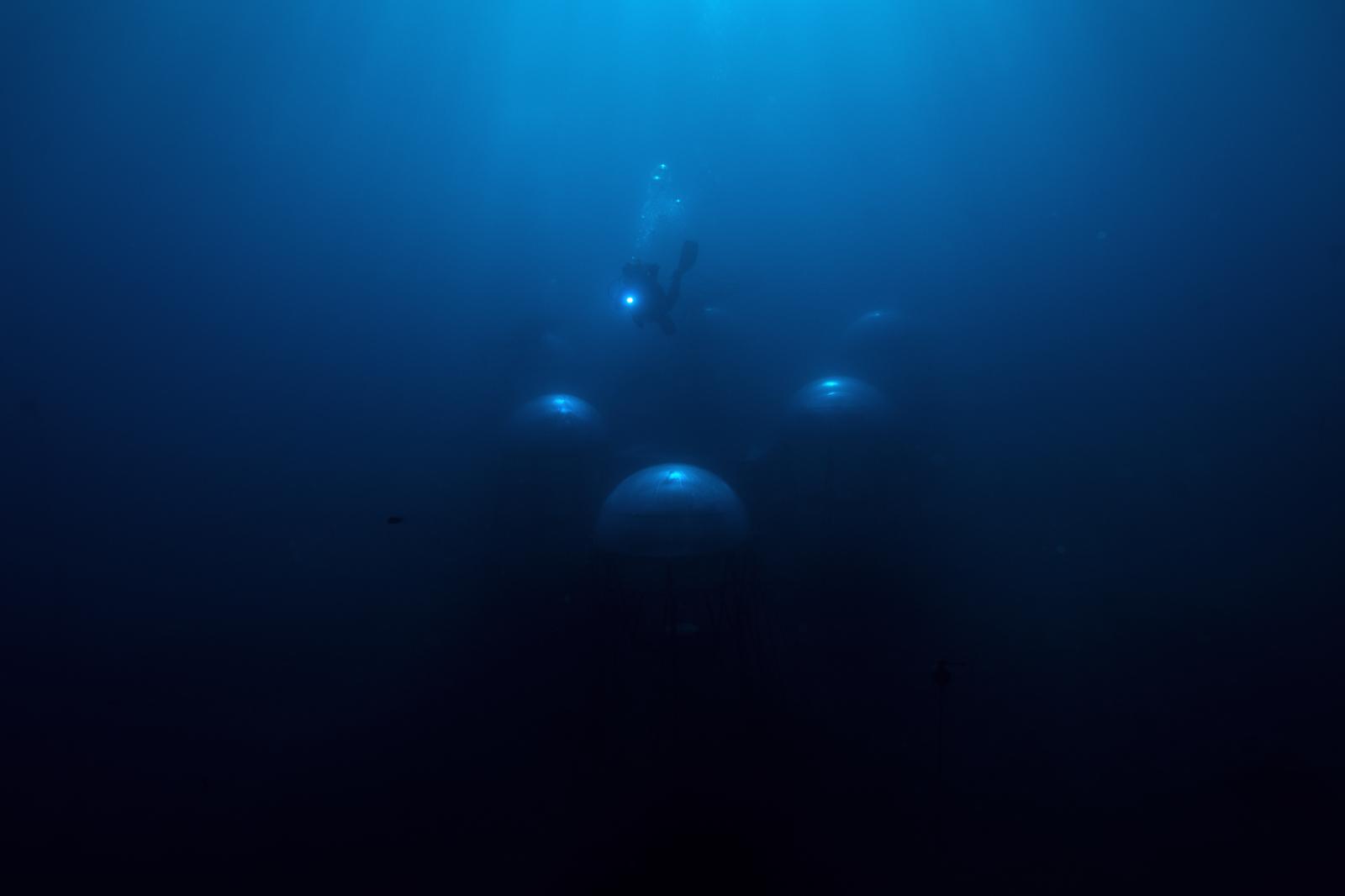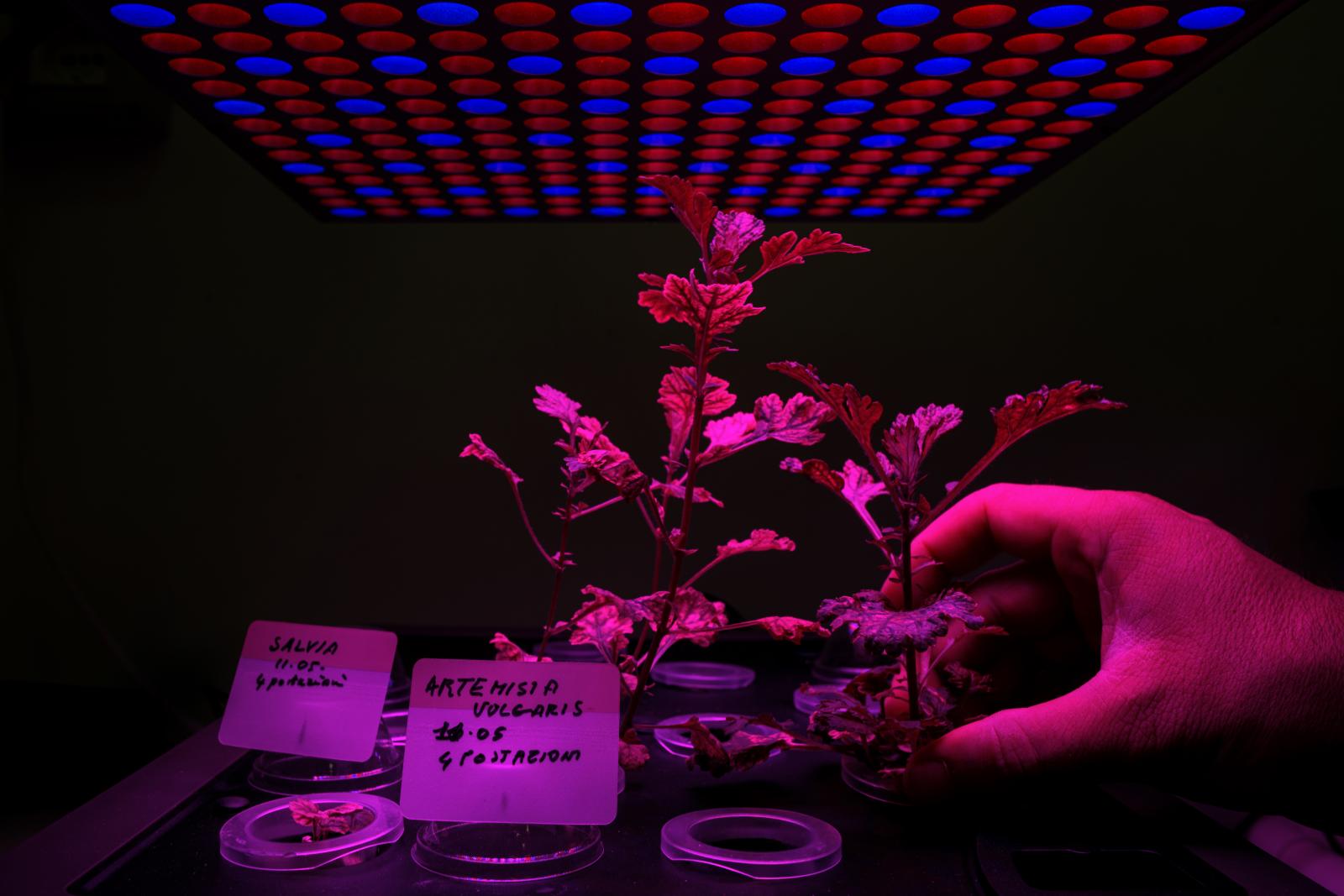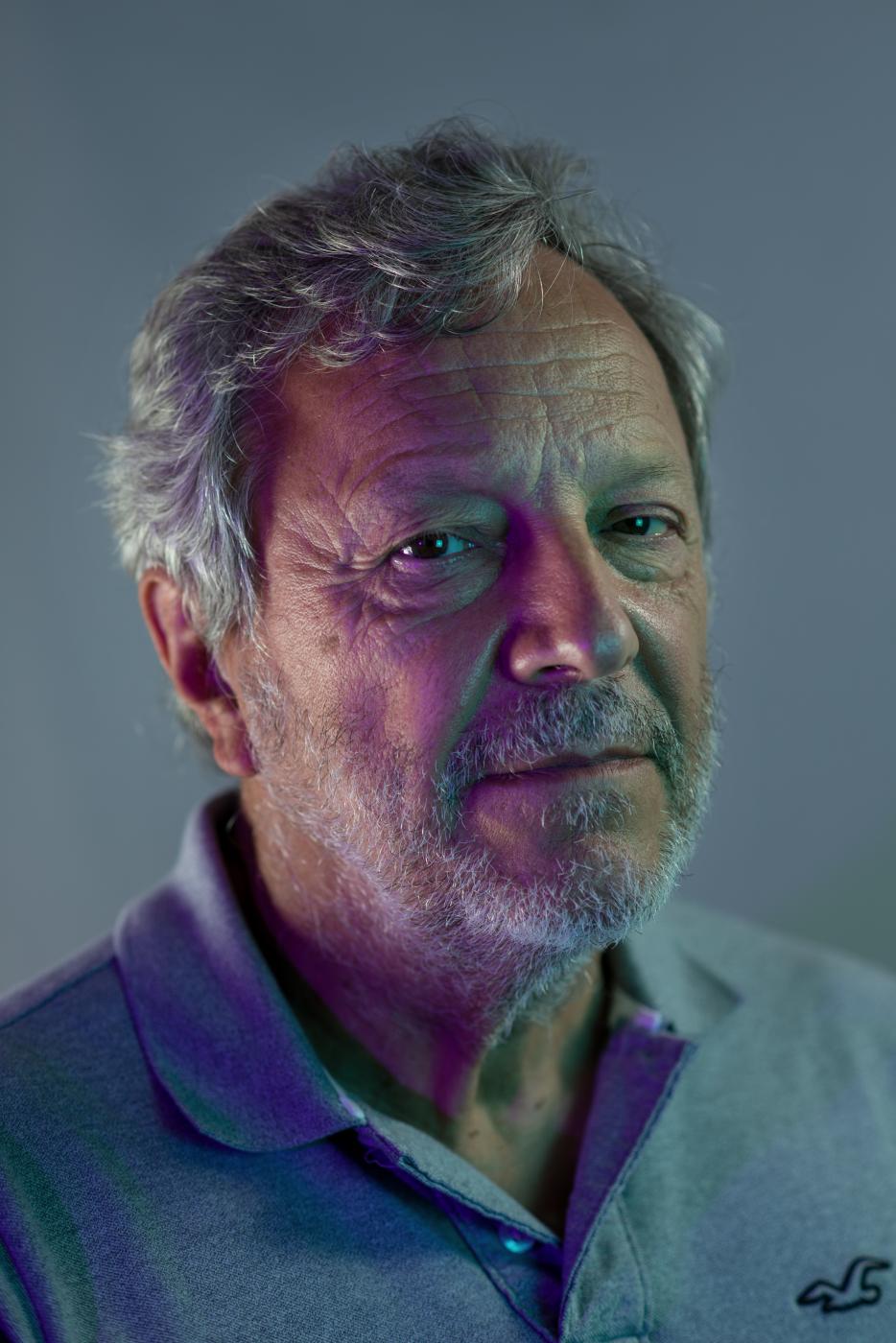Public Project
Nemo's Garden
In the summer of 2012, a revolutionary idea was born: an underwater vegetable garden no bigger than a shopping bag.
Today this vegetable garden is a pioneering, environmentally friendly and self-sufficient system, but above all an alternative and economically viable form of agriculture. We are on the Ligurian coast, in the seaside resort of Noli and this garden is the Nemo's Garden: the first underwater greenhouses in the world.
The creator of Nemo's Garden and founder of the Ocean Reef Group is Sergio Gamberini. From his brilliant mind comes the idea that revolutionizes agriculture of the new millennium: a set of transparent biospheres where it is possible to grow plants of all kinds, from strawberries to beans, from basil to tobacco.
In 2021, the cultivation of tobacco for pharmaceutical use has been started experimentally.
Laboratory studies have established that the plants grown in biospheres contain more essential oils and have a greater antioxidant activity.
These are crucial factors in the pharmaceutical field, especially for the production of vaccines.
Agriculture represents 70% of freshwater use worldwide. According to the IPCC, the desertification phenomenon brought by climate change in recent years has already extensively reduced agricultural productivity in many regions of the world.
Nemo's Garden is a self-sustainable project with no environmental impact: it represents an alternative farming system particularly dedicated to those areas where environmental, economic or geo-morphological conditions make the growth of plants almost impossible.
The energy necessary for the operation of the entire system is self-produced thanks to the solar panels positioned on the surface. The water needed for irrigating the plants is obtained thanks to the condensation process on the biospheres inner walls, which transform the salt water into freshwater.
This makes Nemo's Garden totally self-sufficient, an exception made for the moments of sowing and harvesting, where human intervention is obviously needed. These exceptional features give us hope that we have found a sustainable alternative agricultural system that will help us to tackle the new challenges that climate change will bring to our future.
5,384


















